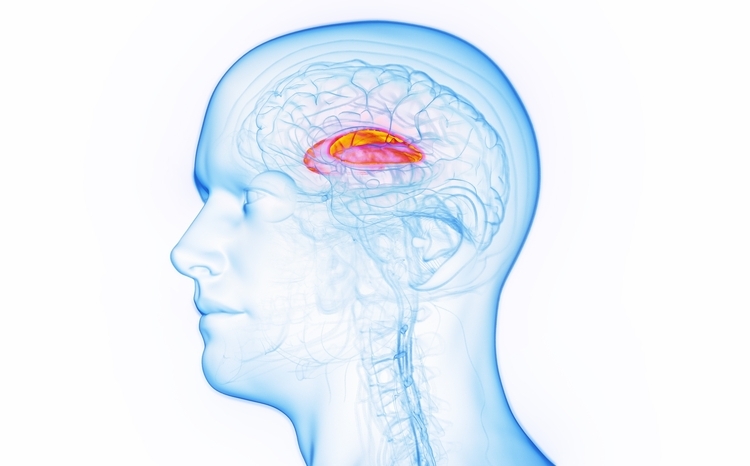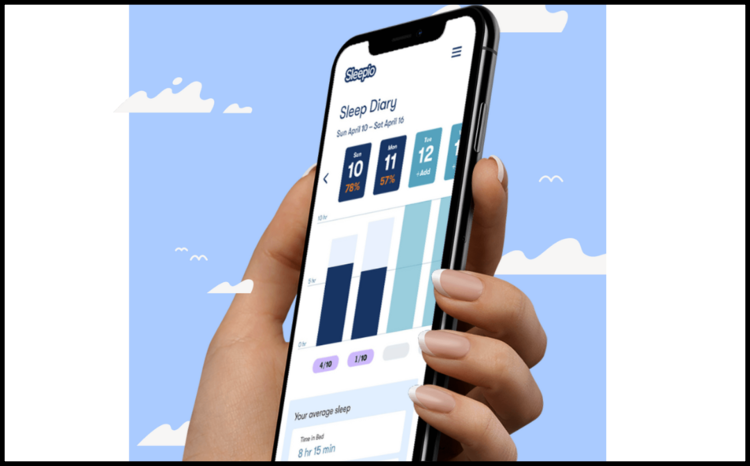Panning for nuggets of innovation gold in the world of medtech
- 13 June 2022

In a piece for Digital Health, Jeanette Kusel (director for scientific advice), Mark Salmon (programme director for information resources) and Sarah Byron (programme director for devices, diagnostics and digital) from the National Institute for Health and Care Excellence (NICE), explore a new assessment for medtech.
The explosion in digital health products has left NHS commissioners wondering how they can possibly sift out what works and what provides maximum benefit for the service and for patients.
NICE’s Early Value Assessment for medtech will help do just that. By offering a rapid assessment of digital products, devices and diagnostics for clinical effectiveness and value for money, the service and patients will be able to benefit sooner.
Early Value Assessment is being designed to draw in the most promising and impactful medical technologies where the evidence base is still emerging, starting with digital products, in areas where there is greatest need. Whether its empowering patients to better manage their own health and seek clinical advice, reducing admissions and waiting lists or supporting clinicians and other front-line staff to provide better quality care this new programme will help to alleviate system pressures as the NHS recovers from the Covid pandemic.
Piloting first
The first two pilot digital health topics will begin their early value assessments this month (June) with a view to publishing findings in October. This is much faster than a full NICE medtech evaluation meaning benefits will be realised sooner, while companies generate more evidence required for a full NICE evaluation at a later stage. Through Early Value Assessment, commissioners will be assured they are choosing products that offer real potential value while further evidence is being developed.
During the process NICE will focus its world leading rigorous processes on the evaluation of the evidence behind a technology and the value it offers to patients. NICE will also provide an expert judgement about what further real-world evidence needs to be collected during the product’s period of use in the NHS for submission to a full evaluation later.
The first two pilots are digital apps for depression and anxiety in children and others will quickly follow in adult mental health, early cancer diagnosis, cardiovascular disease and other areas that support elective recovery following the pandemic.
NICE is working closely with NHS England and all its system partners to help develop commercial and data collection arrangements to support the technologies that go through early value assessment in adoption and scaling and to make this new programme of work deliver on the potential of digital health for patients.
You can find out more about the assessment during a webinar on 18 July 2022. For more information contact digitalhealth@nice.org.uk




